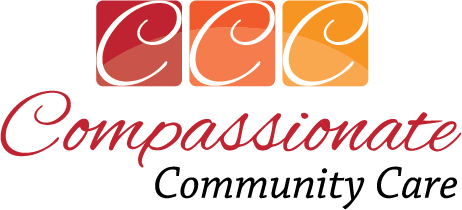Frequently Asked Questions
-
When you call us, you will be asked the nature of your concern(s), where you are located, if you are calling for yourself or on someone else’s behalf, and your contact information. This information is only collected with your consent. We can then determine who can best help with your specific situation. You may be called by either an RN or other advocate. You will have the opportunity to engage in an in-depth conversation regarding your concerns. You may be asked some questions that may not seem relevant to you. At the end of the conversation, you may have received the assistance you are seeking, or we may require some time to research the issue or find another professional to assist and resolve your concern(s).
-
Yes. All information gathered by CCC staff and volunteers is 100% confidential and is subject to laws pertaining to the Personal Health Information Protection Act of Ontario.
-
Your call will be answered by a member of our staff or a trained volunteer. You will be asked questions to help us determine which person of our team can best assist you. Your call may then be directed to either a Registered Nurse or another advocate. If your questions require further expertise, you will be assisted as appropriate.
-
We will review current regimens and assess their effectiveness. If changes are required, we can make suggestions that you can bring to your medical team. We can also make many non-medicinal intervention recommendations to address the issues surrounding chronic pain or pain at the end of life.
-
We do not provide hands-on care. What we provide is assistance navigating the health care system and utilizing community resources to find the complete care that meets your needs. We can also help to ensure that the care you or your loved one is receiving is the correct care.
-
We can review the information and put you in touch with people that can help if you or your loved one is at risk. If your loved one is receiving appropriate care, we will put your mind at ease. We can also assist you in finding the resources required to ensure that you and your loved one is being cared for safely, even if that includes a change in the current care plan.
-
After reviewing all of the pertinent information of the situation, we can dialogue with the medical team if appropriate, to help influence change in the care plan. If a satisfactory resolution isn’t achieved, we can help you find alternate medical teams that will provide the care you are looking for.
-
We can help by reviewing the current plan of care and making suggestions to achieve a more amiable solution. If the situation persists, we can put you in touch with professionals that can help by offering a more in-depth conflict resolution process.
-
We are working on educational resources for both health care professionals and the public on a variety of topics including end-of-life care, care planning, legal and ethical issues at end-of-life, chronic care management and navigating the health care system.
-
We have many resources to help prevent assisted suicide and/or euthanasia. We can put you in touch with advocates and legal experts in this area. We can also help you with alternative therapies and treatments to help better provide for the person in need, removing the desire to seek this route.


